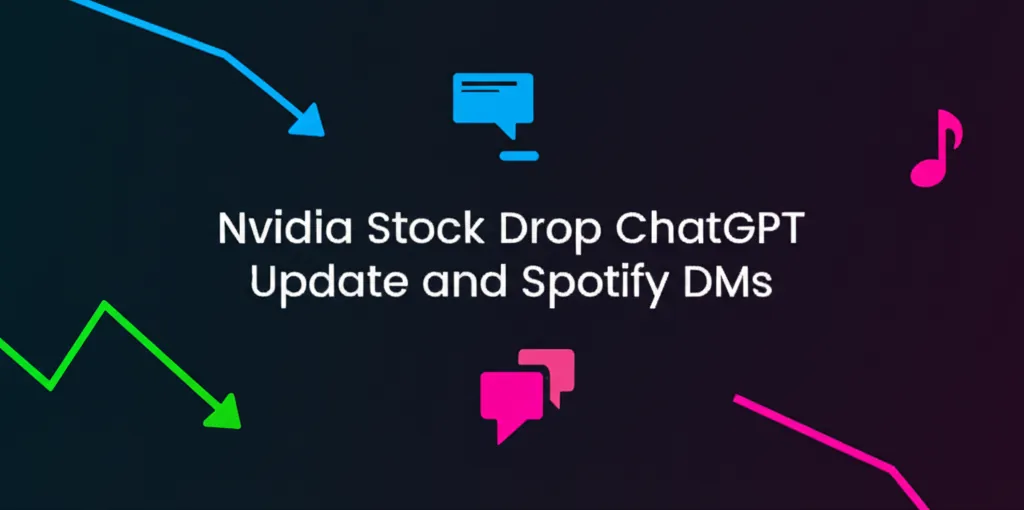Developer Offer
Try ImaginePro API with 50 Free Credits
Build and ship AI-powered visuals with Midjourney, Flux, and more — free credits refresh every month.
My Ironman Training Plan Was Powered By ChatGPT
The author (left) consulted ChatGPT for Ironman training advice. Courtesy of Kathleen Elkins
The High Cost of an Ironman
Triathlon is a notoriously expensive hobby. I discovered this firsthand two years ago after a friend convinced me to sign up for an Ironman. The $700 race entry fee was just the tip of the iceberg. I quickly found myself purchasing a bike, helmet, cycling shoes, a swimsuit, goggles, and a wetsuit. When all was said and done, the total cost to cross the finish line of my first race was over $5,000.
For my second attempt at the 140.6-mile distance, I was determined to be more frugal. I had the gear, but traveling to Kalmar, Sweden, for the race added new expenses. To cut costs, I decided to forego a paid training plan from a site like TrainingPeaks, which costs about $100, and skip hiring a personal coach, which can run hundreds of dollars a month.
Turning to an AI Coach
Instead, I turned to ChatGPT. About four months before the race, I gave the AI chatbot a detailed brief. I included the race date (August 16), my goal to beat my previous time, my running strength, my cycling and swimming weaknesses, and my available training time of 15 to 20 hours a week. I asked it to build a complete training plan for me.
Within seconds, it generated a comprehensive program, including a weekly layout, periodization blocks, and specific workout examples.
A weekly schedule created by ChatGPT. Kathleen Elkins via ChatGPT
It also provided several "key rules for success," emphasizing that "bike volume is king" and that I should "prioritize your long rides no matter what." It even offered advice for my travel weeks, suggesting I drop all training on flight days for pure rest.
Crafting the Plan A Collaborative Effort
I noticed the initial plan only included two runs per week, plus an optional recovery run. As someone used to running daily, I asked to add another run and incorporate a speed workout. ChatGPT responded enthusiastically: "Excellent question — and yes, 100% you should," before listing the benefits of speed work. It was a good thing I flagged that.
This back-and-forth felt less like a traditional coach-athlete relationship and more like a collaborative project. We were peers. I felt comfortable pushing back and making suggestions, but I realized this approach might not work for a beginner who needs an expert to provide a definitive plan.
It was also telling me what I wanted to hear. When I mentioned I hate stretching, ChatGPT replied, "Let's be real: stretching is not magical — and hating it doesn't mean you're hurting yourself." While comforting, a real human coach would likely challenge me to do what's necessary for peak performance, not just appease me.
'Coach GPT' helped the author cross the finish line at Ironman Kalmar. Sportograf
The Pros and Cons of a Virtual Coach
I also noticed small but surprising errors. For instance, a sample weekly schedule it created listed Monday as May 13, when May 13, 2025, was a Tuesday. These minor mistakes served as a reminder to always fact-check AI-generated information, especially for more critical tasks.
A small date error in the AI-generated plan. Kathleen Elkins via ChatGPT
After about an hour of fine-tuning, the plan was ready. The training itself felt relaxed and flexible. For my first Ironman, I used a strict online plan that sent daily workout emails and graded my performance with color-coded cards. This time, I could shuffle workouts around to fit my social life without the guilt of a bad report card.
Since I genuinely enjoy the training, I wasn't concerned about a lack of accountability. I just needed a basic structure and some workout ideas, which the AI provided perfectly.
The Results Did It Work
Objectively, the plan was a massive success. I improved my previous Ironman time by nearly two and a half hours.
When I returned to my chat history to share the news with Coach GPT, its response was encouraging: "You Did the Hardest Thing: Not just crossing the finish line — but doing the daily work for months, even when it wasn't exciting. That's Ironman. That's resilience. That's awesome."
While the words were nice, I imagine they can't compare to the shared joy of calling a human coach to celebrate a hard-earned victory together.
Compare Plans & Pricing
Find the plan that matches your workload and unlock full access to ImaginePro.
| Plan | Price | Highlights |
|---|---|---|
| Standard | $8 / month |
|
| Premium | $20 / month |
|
Need custom terms? Talk to us to tailor credits, rate limits, or deployment options.
View All Pricing Details

